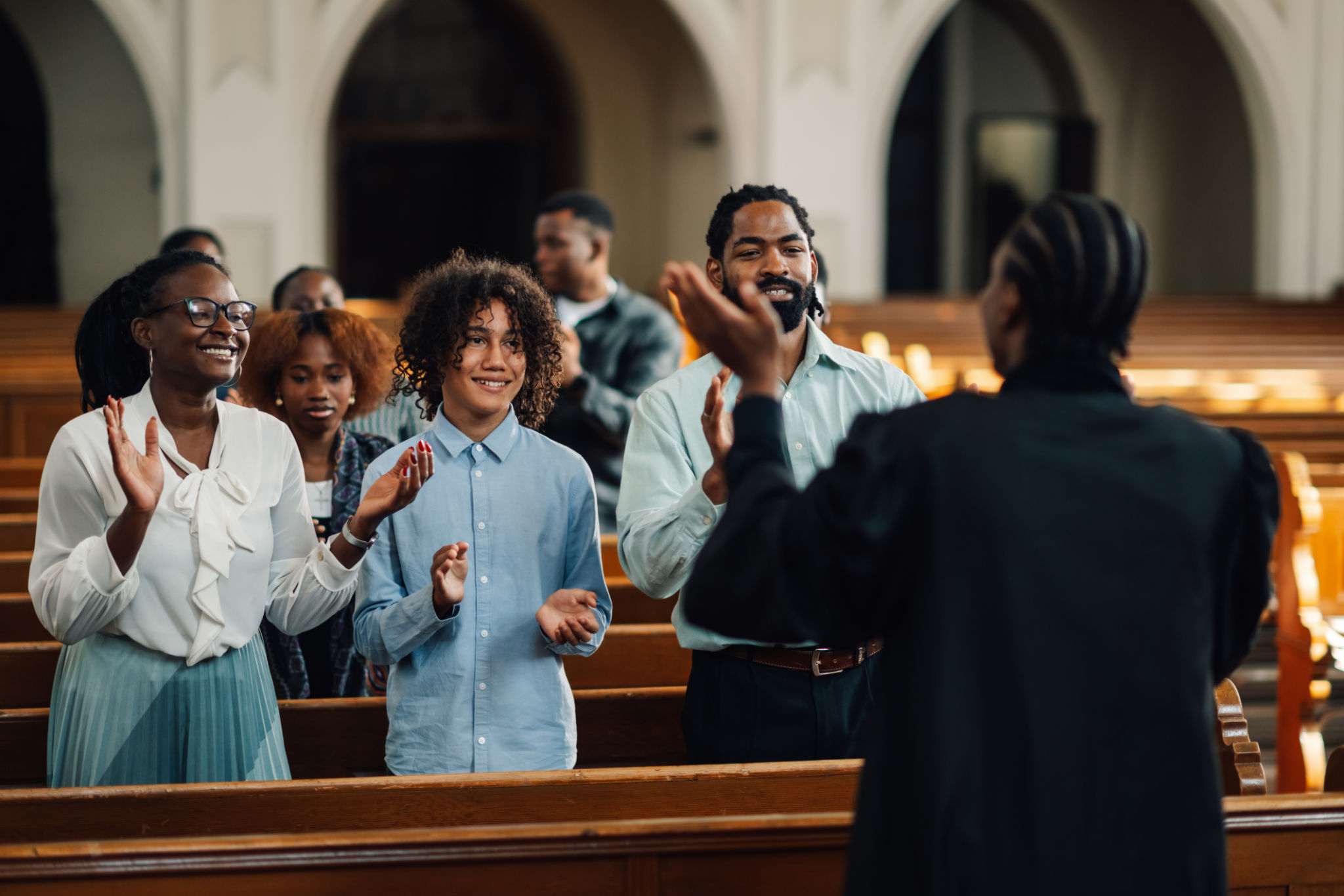Church Social Media Trends: What to Expect and How to Adapt
Introduction to Church Social Media Trends
In recent years, churches have increasingly embraced social media as a powerful tool for outreach and community engagement. As we look towards the future, it's crucial for church leaders to stay informed about emerging trends and adapt accordingly. This post will explore some of the key social media trends for churches and offer guidance on how to effectively navigate these changes.

Embracing Video Content
Video content has taken the social media world by storm, and churches are no exception. From live-streamed services to short, inspirational clips, video offers a dynamic way to engage with your congregation both locally and globally. As platforms like YouTube and Facebook Live continue to grow, it's important for churches to invest in quality video production to enhance their reach and impact.
Consider hosting live Q&A sessions or virtual Bible studies to foster interaction and spiritual growth. These initiatives not only connect your community but also provide a platform for sharing insights and fostering deeper discussions.
Personalized Engagement
In an age of information overload, personalized engagement is key to standing out. Churches can leverage social media analytics to understand their audience better and tailor content to meet the specific needs and interests of their congregants. Personalized messages, birthday greetings, or prayer requests can make a significant difference in building a strong, connected community.
Using tools like Facebook's targeting options allows you to send specific messages to different segments of your audience, ensuring that your communication is relevant and meaningful.

Interactive Content
Interactive content is another trend that is gaining traction in the social media landscape. Polls, quizzes, and interactive stories can be used to engage your audience actively. By encouraging participation, churches can create a sense of community and involvement even in digital spaces.
For example, you might create weekly quizzes on Bible knowledge or polls on sermon topics to gauge interests and preferences. This not only keeps your audience engaged but also provides valuable feedback for shaping future content.
Building Online Communities
The shift towards online communities has been accelerated by recent global events, making it essential for churches to cultivate vibrant digital spaces. Platforms like Facebook Groups or Discord channels can serve as hubs for discussion, prayer requests, and fellowship.
Encouraging members to participate in these online groups can help maintain the sense of community that many seek from their church experience. Regular updates, moderated discussions, and virtual meetups can enhance this dynamic.

Harnessing the Power of Influencers
Influencer marketing isn't just for brands; it's a trend that churches can leverage as well. Identifying influential figures within your congregation who are active on social media can help amplify your message. These individuals can act as ambassadors, sharing church-related content and encouraging wider participation.
By collaborating with these influencers, you can extend your church's reach beyond traditional boundaries and engage with a broader audience who may be seeking spiritual guidance or community.
Conclusion: Adapting to Change
The landscape of social media is continually evolving, presenting both challenges and opportunities for churches. By staying informed about emerging trends and adapting strategies accordingly, churches can continue to fulfill their mission in new and impactful ways. The key is to remain flexible, open-minded, and proactive in embracing these digital tools for ministry.
Incorporating these trends into your church's social media strategy will not only help you connect with your current congregation but also reach new audiences eager for spiritual connection and community support.
